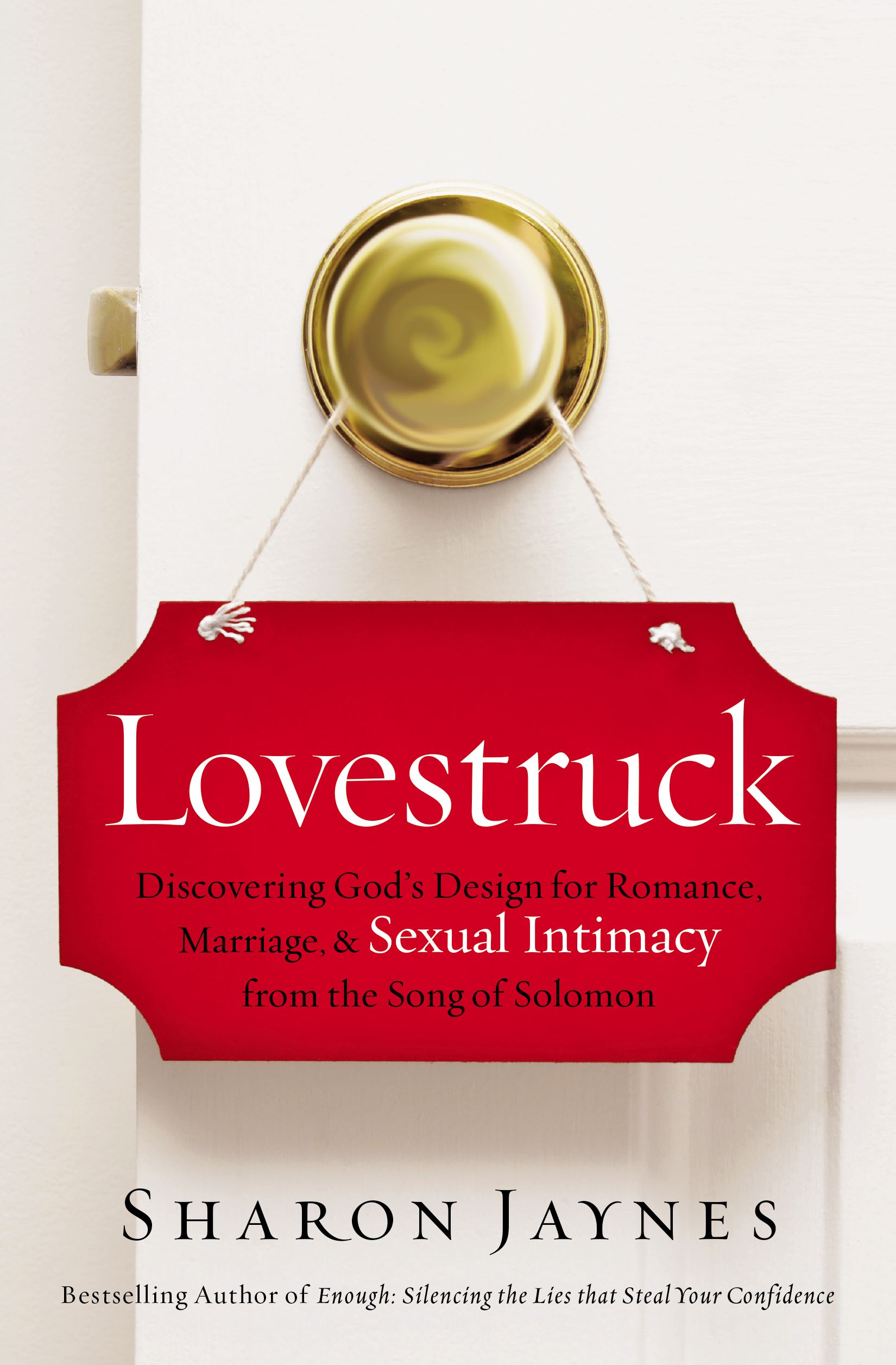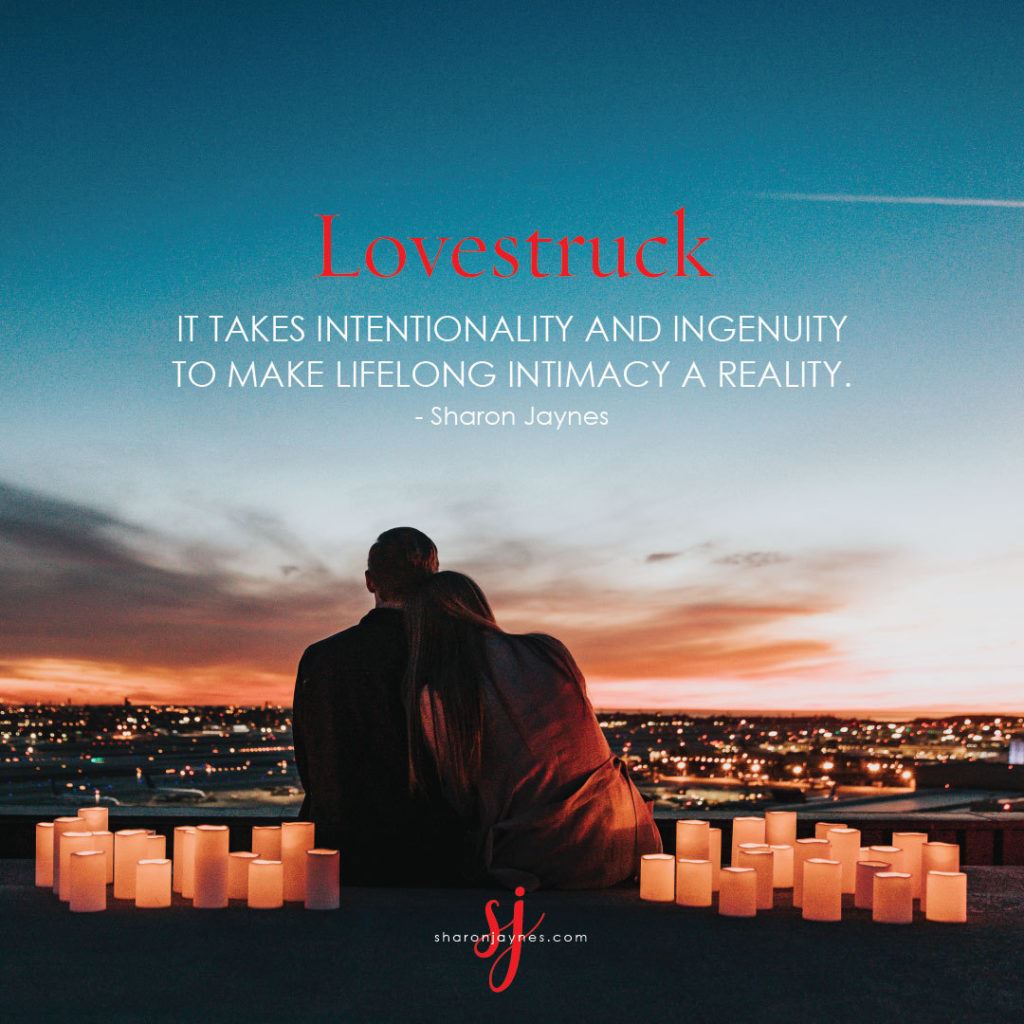Saying “I Do” and Meaning “I Will:” The Beauty of Covenant Marriage

It was time to clean out my attic, at least some of it. I pulled out several pieces of furniture to take to a consignment store, three lamps to take to a non-profit thrift shop, and many items that went straight to the trash. In one corner sat memorabilia we’d saved from Steve’s parents’ attic years ago. That’s when I saw it. Tucked under a dusty old wing chair hid a tattered box. I pulled back the musty flaps and slid out what appeared to be a letter. I gasped as I lifted the frail envelope and unfolded sacred words from my husband's dad, Bruce, to his then girlfriend, Mary Ellen.
Bruce and Mary Ellen were a striking couple. His muscular build, with a thirty-two-inch waist and his six-foot-four-inch stature, towered over Mary Ellen’s five-foot-three-inch frame. No one was surprised when Bruce asked Mary Ellen to be his bride just a few days after graduation. But World War II interrupted the couple’s plans. Duty called, and Bruce shipped off to the US Army training camp in Scott Field, Illinois, and then on to the Aleutian Islands in the Northern Pacific. That’s when the letters began.
More than 500 letters written over two and a half years stowed away in a cardboard box . . . until now. I pulled out the fragile treasures one by one and read intimate words of sacred love from a man head-over-heels with his high school sweetheart. The letters began as a soldier writing to the girl back home who had stolen his heart—one that he pursued with pen and ink. And then about a third of the way through, the letters changed. The envelopes were no longer addressed to Mary Ellen Boone, but to Mary Ellen Jaynes.
Seventy-four years later, I savored the pages as a celebration of commitment, loyalty, passion, and covenant love that lasted their lifetime. What a beautiful thing it was to get to witness this kind of love. And we have that same opportunity when we read the passionate words of a lovestruck couple in the Word of God. The Bible opens with the marriage of man and woman in the Garden of Eden and concludes with the marriage of Christ and the church in the New Jerusalem, letting us know that marriage and intimacy are important to God. Even Jesus’ first miracle took place at a wedding in Cana where he turned water into wine. Tucked in between the introspective book of Ecclesiastes and the prophetic book of Isaiah lies a work of poetry that memorializes mutual attraction, romantic love, sexual desire, and covenant marriage between a man smitten and a woman bedazzled: the Song of Solomon.
Making a Covenant Versus Signing a Contract
Don’t you just love weddings? Everything is so beautiful and people are so happy, but there’s something going on beyond the fancy clothes and fairytale-like decor. Something holy. A wedding is an earthly ceremony of a spiritual covenant between a man and a woman before God; to miss that is to miss the point. Our culture has made a wedding into one big party. It has become more of an event than an everlasting covenant. And while it is a time for celebration, if we miss the spiritual significance, then we’ve missed the true meaning. If we miss the true meaning, then we forfeit the underlying foundation for a forever love.
Some refer to the wedding ceremony as the “sacrament of marriage.” The word “sacrament” literally means “sacred moment.” It is the sacred moment when three strands—husband, wife, and God—are intertwined into one cord. Marriage, from a biblical perspective, isn’t simply a contract signed by two parties but a holy covenant, or a sacred bond, between a man and a woman instituted by and publicly entered into before God. A wedding is a sacred moment when a man and a woman make a covenant to leave mother and father and cleave to one another until death. It’s not the ceremony itself or the piece of paper making it legal that’s going to make a marriage last. A wedding is an outward and visible symbol of an inward and spiritual commitment to give up much of their independence and give to one another selflessly.
As Matt Chandler puts it, “At a fundamental level, a contract is an agreement between two parties arranging an exchange of goods or services. One party agrees to provide something for the other in exchange for something else. For most of our contracts, that something else is money.”1 We sign contracts all the time: credit cards, cell phones, cable television, bank loans, employment, etc. They all have stipulations, mainly, as long as you pay your bill, you will receive your service. Can you imagine actually saying that out loud to your spouse? “As long as you meet my needs, I’ll meet yours, and we’ll stay married.” The way you view marriage, covenant or contract, will either strengthen or weaken your likelihood to beat the odds of divorce in our “quit it” culture
I married Steve because I loved him. Now I love him because I married him. Regardless of how well he holds up his end of the deal, I’m in it until one of us meets Jesus face to face. And isn’t that what God does with you and me? He loves us regardless of how well we hold up our end of the deal. This is a hard lesson. I don’t mean to make it sound easy. Contracts are broken all the time. “According to the contract, if one party fails to live up to its end of the arrangement, the contract is broken and the arrangement is altered.”2 Sounds like modern-day marriage in a nutshell. A marriage was never intended to be a contract between two people in which goods or services are exchanged for payment. It is not a business deal. It is a covenantal relationship meant to last a lifetime.
In sickness and in health
For richer and for poorer
When grumpy and gracious
When attentive or aloof
When passionate and putout
When sloppy or spic and span.
Nope, you won’t hear that in the wedding vows. That would be too raw and honest for the festivities. But that’s the truth of the matter. Covenantal language says, “We’re in this together 'til death do us part, no matter what.”
The Idea of “Covenant” Was Serious Business in the Bible
The Hebrew word is beriyth or berith and means a treaty, compact, or agreement between two parties. The actual Hebrew word doesn’t mean “to make a covenant,” but “to cut a covenant.” In Genesis 17 God made a covenant with Abraham. He instructed Abraham to slaughter a heifer, a goat, and a ram. Then he laid out the slain animals with one half of the bodies on one side of a path and one half on the other. This created a bloody path between them. Then Abraham fell into a trance while God walked between the sacrifices in the form of a fire pot and flaming torch. The idea was that the person making the covenant—in this case, God—was pledging to fulfill his covenant promises. When a person made the walk, he was saying that if he failed to keep the covenant, his life would become like the slain animals. When God walked the path of blood, he made a covenant promise to Abraham to establish the Jewish nation and bless the earth through them, which he did through Jesus Christ.
A path of blood sounds very gory to our twenty-first century senses. We don’t have to kill our dinner before we prepare it anymore. But, even though people back in Abraham's day were more accustomed to blood, walking this path did show the seriousness of the covenant. As strange as it may seem, I think of the Old Testament covenant every time I see a bride and groom walk down the aisle of a wedding ceremony with well-wishers on each side. It’s serious business. Wedding vows are not a declaration of present love but a mutually binding promise of future love, regardless of changing circumstances or fluctuating feelings. It is more than a lifelong commitment to another person. It is a lifelong commitment to God regarding another person. At least that’s the way God intended for it to be.
Romantic love, whether one realizes it not, always points back to God—the creator of love itself. It’s like the rays of the sun that shine upon your face—rays that cause you to look toward the Source…God himself. As Lewis notes, romantic love and sex are like “The scent of a flower we have not found, the echo of a tune we have not heard, news from a country we have not yet visited.”3 But if we could follow the echo to its original source, we would find it emanating from the Father.
Writing Your Love Song
I could hear the wailing from the driveway. It was 5:10 a.m. and nature soundly slept. All was quiet, except for the animal-like cries making their way out the back door and into the still dark dawn. My husband and his sister were giving their mom the news that her husband of sixty years had passed away. After three months in a rehab facility recovering from a fall, Bruce Jaynes quietly slipped away and took Jesus’ hand. Jesus or no Jesus, Mary Ellen was devastated that her husband had left her. “How could he leave me?” she cried through salty tears. “He said he wouldn’t leave me.” They had been a matched set. Like a candlestick made to be part of a pair whose mate had gone missing, her light was exponentially dimmer without her Bruce.
In the following months, Mary Ellen walked with the limp of a woman missing half of herself. Her forced smile looked pained. It was difficult to watch as two intertwined souls became a single strand. Four grown children and their spouses, plus a slew of grandchildren and great-grandchildren, took extra care to let her know that she was loved and needed, but it was never enough. Six months after Bruce took his last breath, Mary Ellen joined him. After a fun-filled day at a great-grandchild’s birthday party, she had a heart attack and left us in a matter of minutes.
I think of Mom Jaynes often. I think of how she would have loved to pick Bruce’s dirty socks off the bedroom floor one more time. How she would have given anything to hear him blowing his nose too loud in front of company. How she would have happily ironed his shirts yet again. How she would have loved to hear his snoring rather than the silence of the night. How she would much rather cook a meal for two than heat up a bowl of soup for one.
What would she say to those women who teeter on the brink of divorce, who huff in frustration, who turn their backs to their husband’s reaching hand in the night? I think she would hold their gaze with a knowing look. Grasp their hands with an urgent plea. I think she would tell them that marriage is worth fighting for. It’s worth the hurt and the healing. The ups and the downs. The irritations and the celebrations.
I think she’d tell them that the big picture of marriage is created with the brush strokes of tiny moments—that both the dark and the vibrant hues are necessary for depth and beauty to emerge. That the marriage of two imperfect people is the perfect recipe for God’s glory to manifest itself to a longing world. That the legacy of a lifetime is too precious to toss away. Work at it. Give it all you’ve got. Start over as many times as you have to, as long as it’s with the same man. The best marriage you will ever have is the one you have right now.
She would remind us that marriage isn’t all about you and me. It’s about glorifying God. It’s about sacrifice. It is about caring for the needs of someone else above your own. It is about believing in the impossible when your hope is all but gone. It’s about asking God to give you wisdom and then having the courage to change when he reveals the problem is you. It’s about a covenant with the God who intertwines two souls with the thread of his presence.
To learn more about Romance, Marriage, and God’s Design for Sexual Intimacy, visit www.LovestruckBook.com to purchase Sharon Jaynes’ new book, Lovestruck. Order by August 9 to receive a free discussion guide, a sample of the audiobook, and downloadable scripture cards with Sharon’s favorite verses from the Song of Solomon.

Notes:
1. Matt Chandler, The Mingling of Souls. 102
2. ibid. 102
3. C.S. Lewis, The Weight of Glory ( New York, NY: Harper Collins, 1949), 31
Originally published January 18, 2023.








